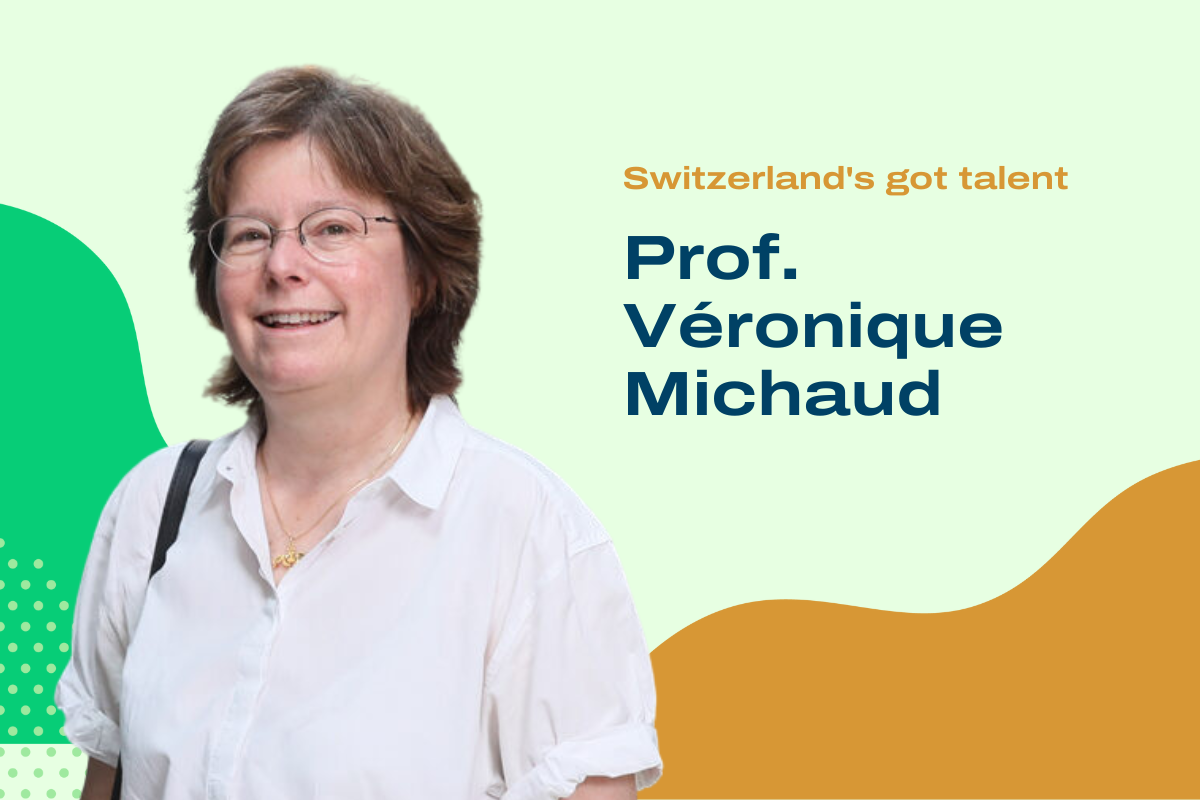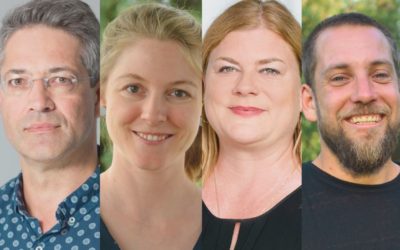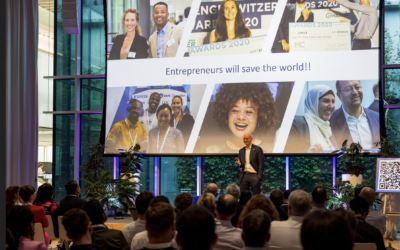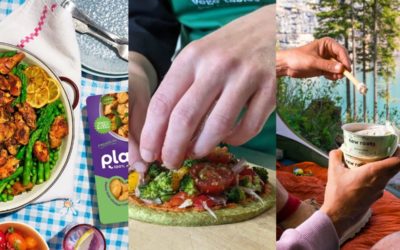5 questions for Professor Véronique Michaud

Prof. Véronique Michaud heads up the Laboratory for Processing of Advanced Composites (LPAC) and is the Associate Dean of Engineering for Education at the Ecole Polytechnique Fédérale de Lausanne (EPFL) in Switzerland. The team has recently been exploring use of novel bio-sourced materials for food packaging, as well as how we can use agricultural waste as a source of raw materials.
Tell us a bit about your laboratory.
At LPAC we aim to establish the scientific basis for the next generation of materials and processes in the fast-growing fields of polymers and composites. While a large part of our activity is relevant to the traditional fields of mobility, sports and energy generation, we’re also increasingly active in the field of food packaging.
Can you share some insights into some of your projects?
Recently we’ve been focusing on the use of novel bio-sourced materials and composites. There are lots of factors to consider here. The materials we create must provide adequate mechanical resistance so food is not damaged in transit. It also has to have adequate oxygen and odour barrier properties while reducing the overall environmental impact. We’re currently carrying out research activities that look at how we can utilize agricultural waste as a source of raw materials and consumables for composite processing.
How did you get into this field?
I studied engineering and graduated in 1987 from Ecole des Mines in Paris, before completing my PhD in Materials Engineering at MIT. I then spent three years at Ecole Centrale in Paris, teaching and researching in the Laboratory for Materials, Structures and Soils Mechanics, before joining EPFL in 1997.
As a consumer, is there any particular food system challenge that stands out for you?
Beyond the obvious issue of the large amount of waste which either could be avoided or valorized, I’m particularly concerned about the issue of food logistics across the globe, and the vulnerability of our food system to disruptions due to natural or other disasters.
We need to find a good balance between the producing food more efficiently at scale, and optimizing and securing the distribution and storage of goods. This also means that consumers should be more aware of the need to grow and consume local products. This always makes me think that Voltaire was right when he made Candide say that we must cultivate our garden!
How can SFNV members and the wider Swiss food ecosystem engage with LPAC?
Reach out to my colleagues at the EPFL Integrative Food and Nutrition Center. The IFNC’s team acts as an interface between EPFL researchers and the outside world, mostly food industry players. Collaborations always start with a scientific question. Contact Christian Schwab, the Center’s Executive Director, to find out more.
To find out more about LPAC or connect with Véronique on Linkedin.
Never miss a Swiss food innovation morsel.
Latest News
Impact Digests | Can we scale up regenerative farming for a sustainable future?
We recently held our third Impact...
Bühler hosts 80 innovative start-ups as part of the Masschallenge programme
Despite a reduction in start-up...
The role of Innovation, Impact and Frontline Agricultural Nations in driving global food system transformation
The role of Innovation, Impact and...
Vege’tables teams up with Planted and New Roots to drive healthier and more sustainable diets.
Smart Food consultants, Vege’tables...




